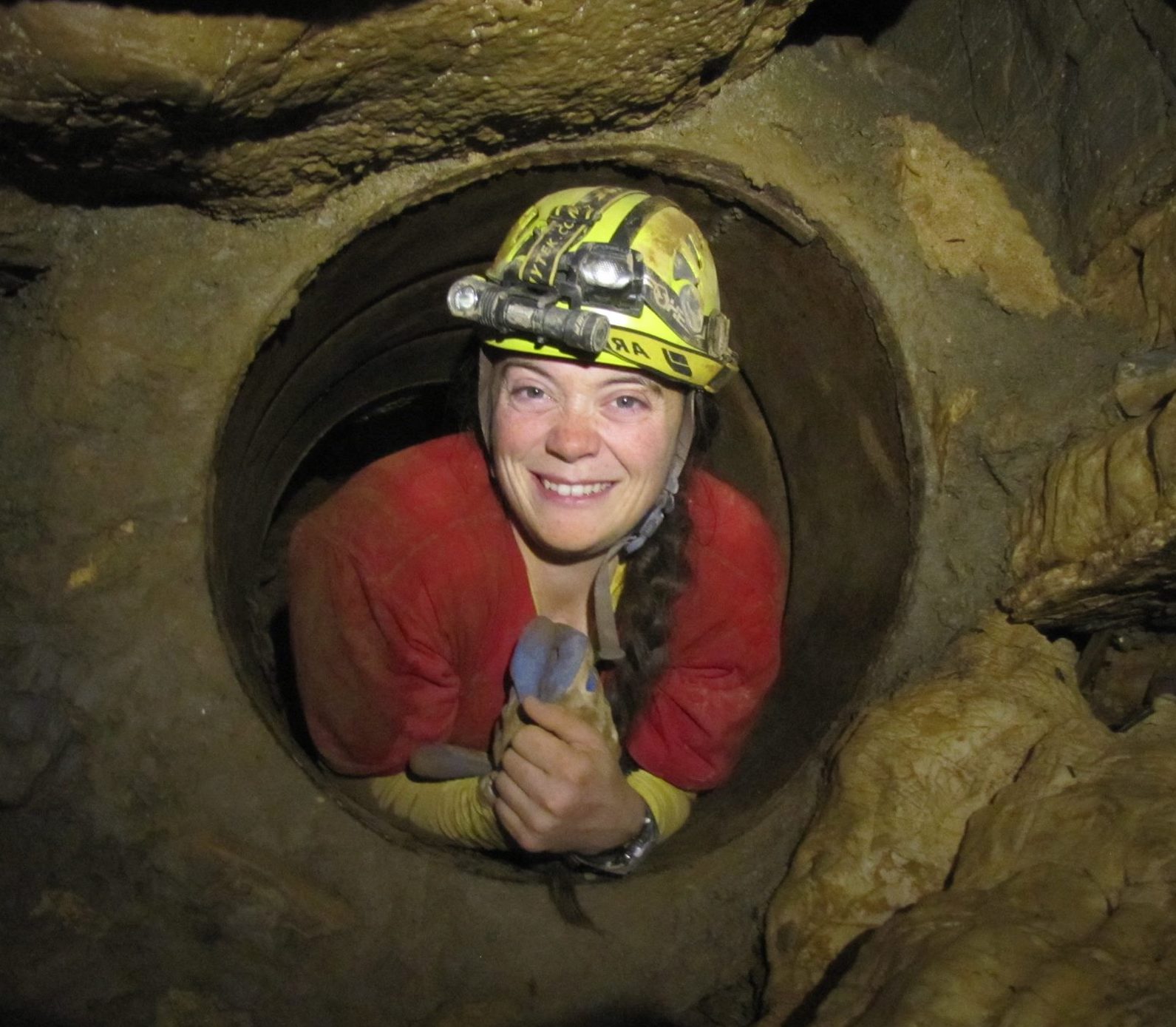IUCN WCPA Protected Areas and One Health Task Force

Overview and description
- Description:
-
The Task Force on Protected Areas and One Health will synthesize existing knowledge regarding how to integrate One Health interventions with area-based conservation practices and identify gaps ...
Group leadership
Dr Skylar HOPKINS
Co-Chair
The One Health framework describes how the health of people, animals, and ecosystems are interconnected. These connections are especially apparent within and near protected and conserved areas, where there are complex interfaces between wildlife, human populations, and domestic livestock. Yet protected areas are rarely mentioned by One Health organizations, initiatives, or policies, even though One Health conversations have increasingly emphasized the importance of ecosystem health.
Major goals:
- Build a conceptual map of existing One Health efforts related to protected areas, synthesizing existing knowledge and identifying important gaps in research, policy, and funding.
- Synthesize knowledge from people who work in and near protected areas regarding the existing best-practices and information needs for integrating One Health into protected area management. This includes identifying the barriers and incentives for incorporating human health and well-being into protected area management.
- Create a technical guidance document or “menu” of One Health interventions relevant to protected areas, including the challenges and benefits associated with each potential intervention.
To achieve these goals, the Task Force has assembled a diverse team that includes members with diverse expertise (e.g., disease ecology, conservation, public health), affiliations (e.g., academic institutions, governments, non-government organizations, local and Indigenous communities), and geographic representation (all continents). More details are available in the draft Terms of Reference document.

